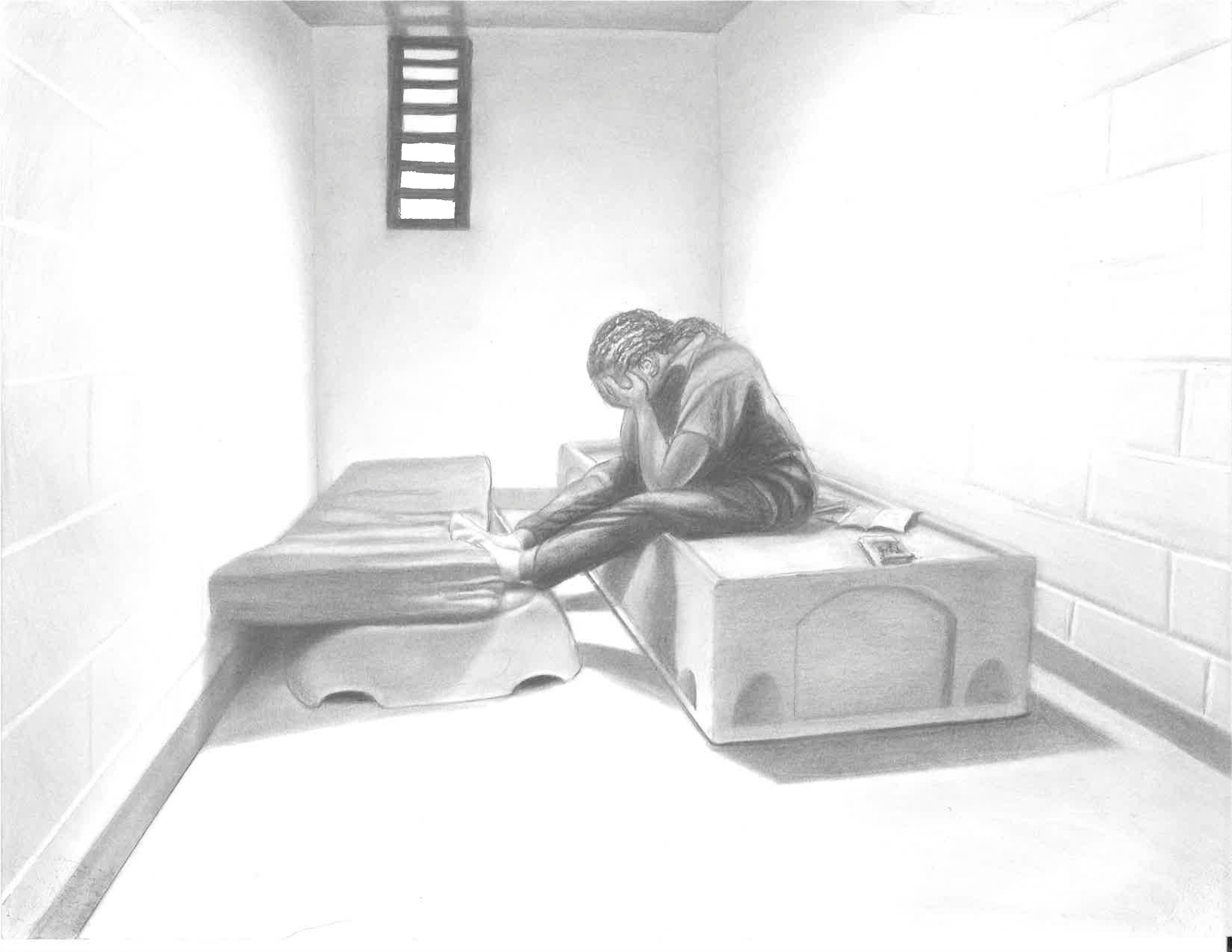Prisoners Face Hepatitis C Death Sentence
Emily Camin, Attorney, National Lawyers Guild, Massachusetts Chapter
First – let me introduce myself.
My name is Emily Camin. I am an attorney in the state of Massachusetts, a member of the Litigation Committee of the National Lawyers Guild, Massachusetts Chapter, and I am ten years clean off of heroin. I shot heroin for eight years and committed all the usual felonies that accompany heroin addiction, regularly. But like many of you I imagine reading this, I am also white and upper class. A well practiced, “but officer? I’m an innocent white girl” act got me out of every criminal charge I ever faced. All the privilege in the world however did not protect me from acquiring the Hepatitis C virus, commonly transmitted through shared syringes. I completed a successful course of treatment eight years ago. But had I not been born the color and socio-economic status I was, I could easily have been a member of the plaintiff class our Litigation Committee represented in a case we filed in May 2015: the over 1,500 prisoners in Massachusetts with Hep C being denied medical treatment by the Department of Correction.
inmates face a punishment even more severe than prison time
The race and class bias embedded in our criminal justice system has been thoroughly documented (see e.g. The New Jim Crow by Michelle Alexander on the drug war specifically http://thenewpress.com/books/new-jim-crow). When that bias is combined with widespread refusal on the part of corrections systems to treat a deadly virus, populations who are disproportionately incarcerated face a punishment even more severe than prison time. One of the members of the class of plaintiffs in our case put it particularly succinctly. If we did not succeed in our legal challenge, he wrote, he was essentially “sentenced to die.”
At the time those words were written our Committee had not yet obtained class certification. That letter was from a prisoner who was diagnosed Hep C positive in 1999, his viral count was high, and he was currently experiencing the early symptoms of liver failure. Just like all but one of the prisoners with Hep C in Massachusetts Department of Correction facilities, he was not receiving treatment. He also indicated in his letter that he might not be eligible for parole until 2024.
While “sentenced to die” might sound a bit like hyperbole to those of us outside, dying of untreated Hep C was at that time a realistic prediction of this man’s fate. Not only was a de facto death sentence a realistic possibility for many of the prisoners being denied treatment, it was a death sentence of liver failure. I myself have witnessed people die this way. It is a slow and horrifying process, far worse than any sentence, any punishment, or any manner of death penalty, imposed by any state, for any crime. In light of that knowledge, “sentenced to die” is actually putting the matter quite lightly.
appropriate medical care will save lives
During the early planning stages of our lawsuit I had the opportunity to meet with members of the plaintiff class. I had a long talk with one man, Mr. Emilian Paszko, who became a representative plaintiff on the initial complaint filed. We sat in a small meeting room attached to the prison medical unit with guards watching through a wall of window glass. Mr. Paszko showed me the two creased pictures he kept in his wallet of his kids when they were little. Even though he hadn’t seen them in years, he was every bit the proud dad when he told me how successful they grew to be, in spite of his failures. He never compromised the needs of his children, he told me. If it was either dope or diapers, he said, he bought the diapers. We talked about mistakes, and addiction, and how we all do things we are not proud of sometimes.
Mr. Paszko died of complications due to Hep C shortly after we filed the complaint. When I think of him, I think about what could have been if he had had access to basic medical care. I think about the worn pictures in his wallet, and about how I hope his children did visit him before he died.
But I also think about the other 1,500 people with Hep C incarcerated in Massachusetts, and how because of our lawsuit, many of them might not be sentenced to die. If we win, many of them might get appropriate medical care, and many of them will live.






